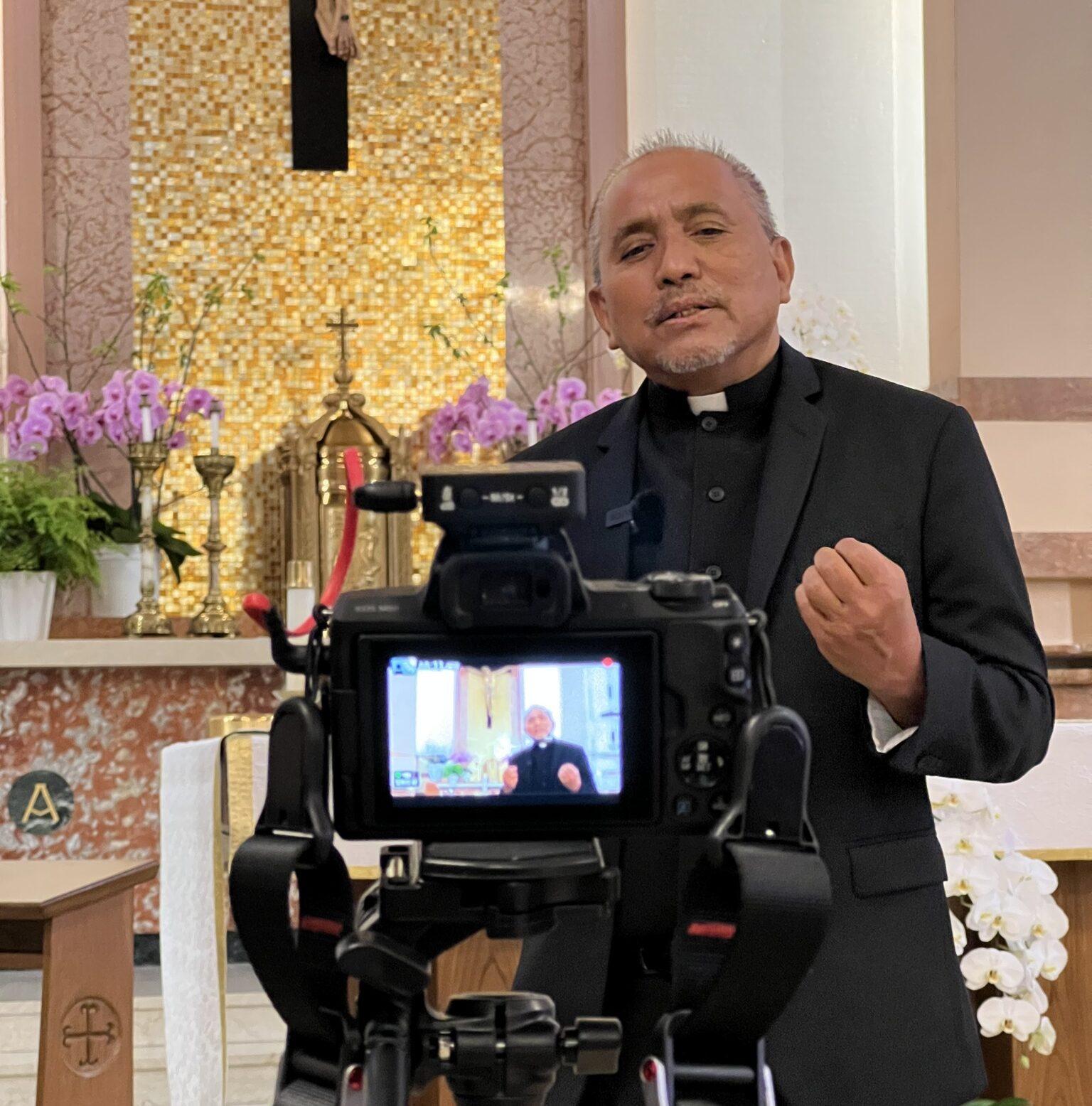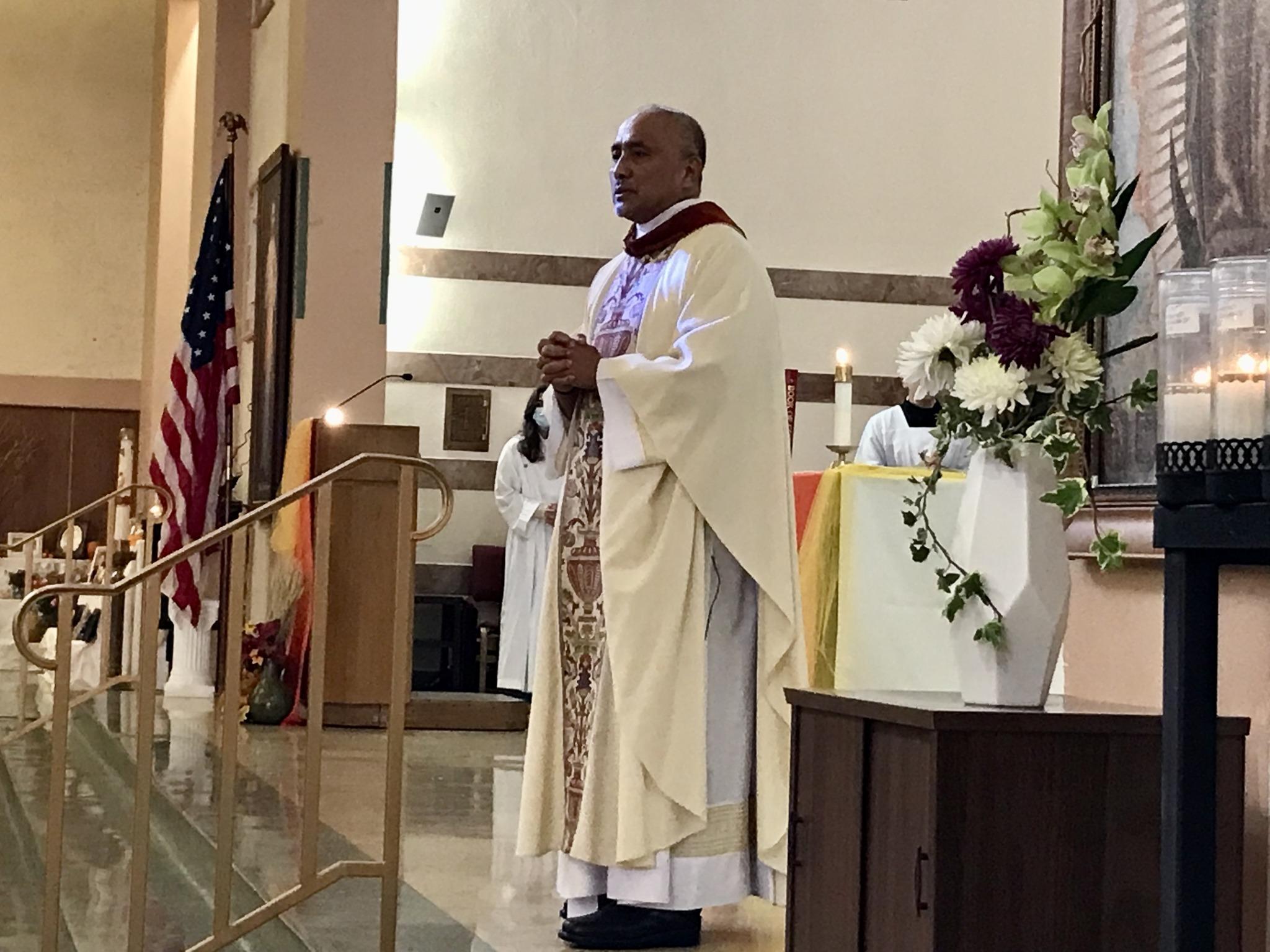VARIOUS clinical studies around the world regarding the COVID-19 pandemic reveal the following, among others: (1) “Even for people in the highest-risk demographic for mRNA COVID-19 vaccine-associated myocarditis, receiving the primary series of the COVID-19 vaccines was safer than getting COVID-19 without having been vaccinated”; (2) In spite of some (now obviously false) claims, “there has actually never been any link between COVID-19 vaccines and sudden cardiac death”;
(3) After more than 13.57 billion doses of COVID-19 vaccines have been administered globally in the past, and today about 6,000 given each day, these vaccines have been found to be safe and effective in saving billions of lives around the globe, with a complication/death rate of a fraction of 1 percent, compared to 20 to 35 percent mortality rate for COIVID-19, especially during its initial period; (4) The newest strain and more easily transmissible XBB.1.5 is a more immune-evasive variant of omicron BA.2; (5) As of March 16, 2024, there were 10,719 hospital admissions for COVID-19, with a rate of 1.8 percent of all deaths in the United States;
(6) To date, in the U.S., there are 84 percent who had the primary vaccination (16 percent of Americans are still unvaccinated, possible carriers and spreaders) and only 16 percent received the bivalent booster shot; and (7) Those who have not had the second bivalent booster are advised to have them, especially those whose last vaccination has been more than 6 months ago. Death rate from COVID-19 is still significant. Every life matters. Be safe.
Anabolic steroids
Among athletes who are dopers or cheaters in sports using anabolic steroids, is the mortality rate higher compared to non-users? Yes, according to “Danish research pharmacologists in a report in the JAMA, where 1,189 Danish males who were caught doping, compared to 59,450 matched controls.” Steroid users were “over 2.8 percent more likely to die from any and all causes over the following 18 years.” Noteworthy were “the deaths both from natural causes (heart attack, cancer) and unnatural (accidents, homicide, suicide) were all higher among the steroid users, which indicates the anabolic agent had both physical and mental effects.” And users also have “increased risk-taking behaviors.”
Tobacco and diabetes
A new clinical analysis shows a “strong correlation between tobacco exposure early in life (even in the womb of a smoking pregnant woman) and the development of type 2 diabetes later in life. People with preexisting genetic risk have an even greater risk if they smoke. This large-scale study involved about 476,000 adults in the UK Biobank. These findings were presented at the March 18, 2024 annual American Heart Association’s Epidemiology and Prevention/Lifestyle and Cardiometabolic Scientific Sessions in Chicago.
Einstein: Smart?
There is no question that Albert Einstein was a genius, but some quarters questioned his decision when he refused to undergo surgery for non-ruptured abdominal aortic aneurysm in1948, a procedure with less than 10 percent in-hospital mortality risk, 90 percent success at that time, compared to more than 50 percent death rate when the aneurysm was ruptured.
Today, the in-hospital surgical mortality is about 1-2 percent for non-ruptured abdominal aneurysm. His physician respected his decision. Einstein died 7 years later, on April 18, 1955 at the age 76, of a ruptured abdominal aneurysm. Considering the natural lifespan for men in 1955, which was 66.7 years, Einstein may have made the right calculation. He lived 10.7 years longer than the natural lifespan then, without surgery. Of course, only God knows how many years longer he would have lived had he agreed to have the surgery.
Tips on boiling eggs
In today’s informational age in all sciences and technology and more, “EGGsperts” even have some scientific tips on how to boil eggs. Here they are: (1) Older eggs have more alkaline whites, with less binding to the cell membrane, making it easier to peel them, so wait at least a few days before boiling them; (2) Use room-temperature eggs – cold eggs placed into hot water are more likely to crack from thermal shock; (3) Don’t poke a hole in the shell, it does not make peeling any easier and could allow cracking and bursting of the egg through the hole; (4) Don’t add vinegar, salt, or baking soda to the water; (5) Bring the water to a boil before carefully adding the egg, to make peeling easier;
(6) Do not keep the water at a rolling boil: “Egg-white proteins coagulate between 144 and 149 degrees Fahrenheit, while yolks coagulate between 144 and 158 degrees Fahrenheit. Water boils at 212 degrees Fahrenheit, so cooking eggs at a rolling boil is going to lead to tough whites and chalky, overcooked yolks — and probably some cracked shells from all the continuous movement. Give the eggs a quick “sear” in the boiling water, so the whites closest to the shell coagulate quickly. Then, lower the temperature to a very low simmer to gently cook the egg through;
(7) Allow the eggs to boil for 30 seconds, then reduce the heat to a low simmer, cover, and cook to desired doneness: 6 minutes for a runny yolk, 8 minutes for a jammy yolk, and 13 minutes for a hard yolk; (8) Peel the eggs only when ready to eat them, to prevent bacterial growth; (8) Cool the eggs in an ice-bath to prevent the greenish ring formation (a reaction between the iron and the hydrogen sulfide from the surface of the yolk); (9) Peel eggs under running water; and (10) Eating one or two eggs a day, but for those with high cholesterol, the recommendation is about 4 eggs or less a week.
Broccoli and stroke
About 15 million people around the world suffer from the stroke each year. A stroke happens when an artery going to the brain is blocked by a clot which prevents blood circulation to the brain tissue. How rapidly the treatment is administered, and the effectiveness of the regimen determine the degree of recovery from stroke.
Scientists at the Heart Research Institute in New South Wales, Australia, have discovered a natural chemical in broccoli that may both prevent and treat stroke. The treatment is either to employ medication that dissolves the blood clot, or preventing blood from leaking into the brain tissue. Only about 10 percent of stroke survivors fully recover, leaving the rest with disabilities and impairments, mental and physical. This discovery was recently published in the journal of American Society’s ACS Central Science. More studies are needed to confirm this finding and for the future drug to be developed and approved by the US-FDA for eventual public consumption. Since the chemical in broccoli is both preventive and therapeutic, its value in cardiovascular medicine is priceless.
* * *
The main objective of this column is to educate and inspire people live a healthier lifestyle to prevent illnesses and disabilities and achieve a happier and more productive life. Any diagnosis, recommendation or treatment in our article are general medical information and not intended to be applicable or appropriate for anyone. This column is not a substitute for your physician, who knows your condition well and who is your best ally when it comes to your health.
* * *
The opinions, beliefs and viewpoints expressed by the author do not necessarily reflect the opinions, beliefs and viewpoints of the Asian Journal, its management, editorial board and staff.
* * *
Philip S. Chua, MD, FACS, FPCS, a Cardiac Surgeon Emeritus based in Northwest Indiana and Las Vegas, Nevada, is an international medical lecturer/author, Health Advocate, newspaper columnist, and Chairman of the Filipino United Network-USA, a 501(c)3 humanitarian foundation in the United States. He was a recipient of the Indiana Sagamore of the Wabash Award in 1995. Other Sagamore past awardees include President Harry Truman, President George HW Bush, Muhammad Ali, and Astronaut Gus Grissom (Wikipedia). Websites: FUN8888.com, Today.SPSAtoday.com, and philipSchua.com; Email: [email protected].



